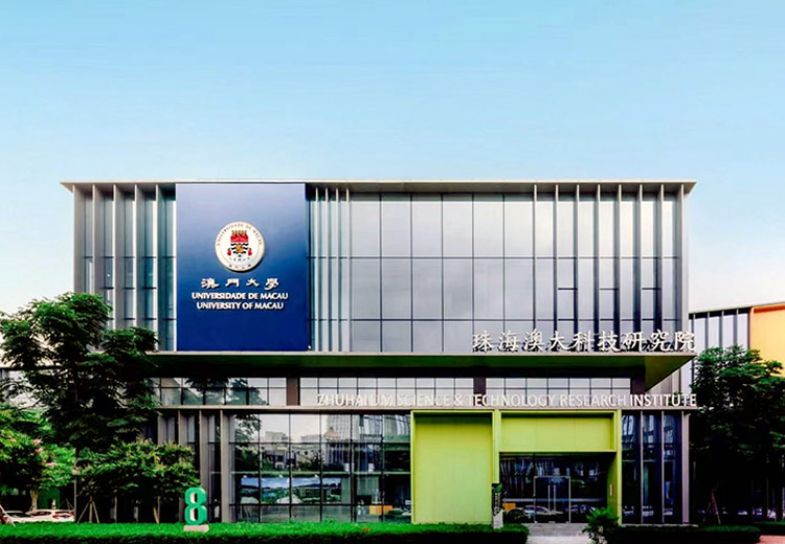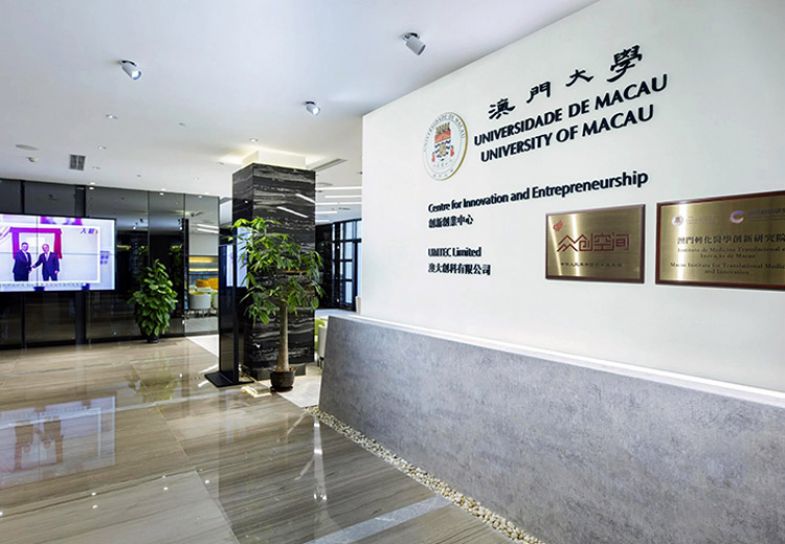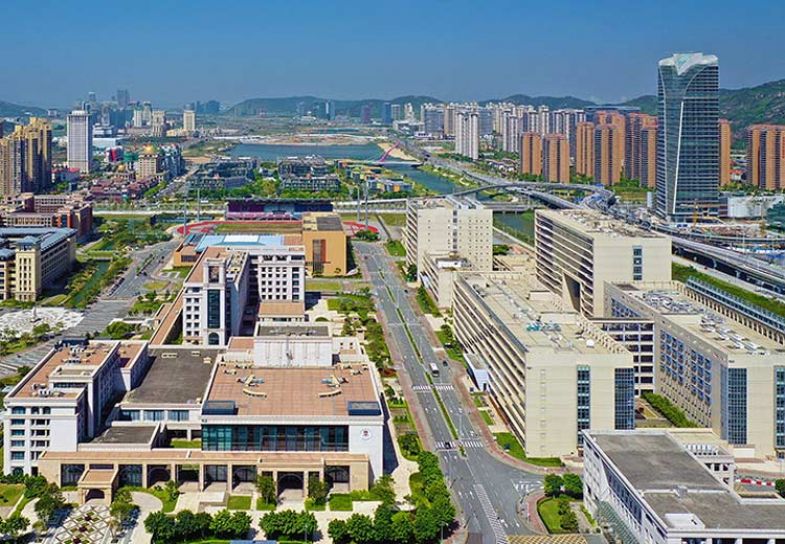The University of Macau is maximising the commercialisation of research by enhancing its campus infrastructure and industry partnerships
Supportive infrastructure and strategic partnerships play an important role in translating innovative research into commercially viable products. The University of Macau (UM) recognises the importance of bringing research to market and has launched a number of initiatives to commercialise research results through strong industry collaborations.
Claudia Xu Jian, vice-rector of administration at the university, highlighted how the university works with faculty, research institutes and industry to promote research commercialisation and explained the benefits this brings to Macao’s economy. Many universities around the world recognise the importance of doing more than just teaching and research, but for UM, commercialisation efforts have unique local relevance, says Xu.

Claudia Xu Jian, vice-rector of administration at the University of Macau
The “one plus four” strategy was proposed by the Macao Special Administrative Region’s (SAR) government to boost four essential secondary sectors in Macao: health, finance, science and technology, and exhibition and cultural development. Xu outlines how the university’s research commercialisation efforts contribute to these sectors. By focusing on the commercialisation of research achievements in science and technology, the university can also support national initiatives to strengthen essential sectors to diversify Macao’s economy, she says.
The Zhuhai UM Science and Technology Research Institute in Hengqin (ZUMRI) is an important part of the university’s approach to strengthening industry-university research cooperation in the Greater Bay Area. The institute contributes to the university’s ongoing efforts to promote innovation and translate research results into practical applications and commercial ventures.

ZUMRI has accelerated industry-academia collaboration in recent years to promote the economic diversification of Macao
By leveraging the research capabilities of different disciplines at UM, the institute acts as a conduit for industry-academia research collaboration, which is vital to diversifying avenues to bring research to market. Since its establishment, the institute has undertaken 240 government and commercial projects, including research and development programmes for the Chinese Ministry of Science and Technology and the National Natural Science Foundation of China.
The institute has formed partnerships with over 130 companies and academic institutions to improve resource sharing. It has also established 10 joint laboratories in collaboration with various enterprises and has implemented an industrial ally system to gather resources from high-tech industries. This approach enhances knowledge and technology transfer and widens access to cutting-edge technologies.
The commercialisation of research can take different routes, says Xu. Licensing research findings to external companies is one option, but the university also extends support and guidance to researchers who are enthusiastic about starting their own companies. In 2017, UM established the Centre for Innovation and Entrepreneurship to promote advancements in technology and increase the number of commercial products created from research at the university.

The Centre for Innovation and Entrepreneurship at the University of Macau has obtained approval to serve as a national co-working space
In 2020, the centre was granted approval by China’s Ministry of Science and Technology to serve as a national co-working space and has hosted around 40 companies. The centre offers a supportive platform for agile university-industry collaborations and provides resources and training on various aspects of business, such as company formation, shareholding structures and IT management, she says.
“This has changed the university’s culture quite a lot when it comes to entrepreneurship. Students are also given more exposure to start-up activities,” says Xu. Notable examples of graduate start-up initiatives range from beer-making ventures to enterprises specialising in microfluidic chips for virus-detection machines.
UM is dedicated to promoting integration between industry, academia and research. To achieve this, the university plans to strengthen engagement with research institutes and industry partners to conduct demand-driven research and facilitate the transfer of research results in promising areas such as advanced materials, the Internet of Things for smart cities and microelectronics.
With preparations underway to introduce cross-border teaching and launch the UM Advanced Research Institute in Hengqin, the university is poised to expand its programme offerings in emerging disciplines and strengthen industry-academia collaboration. Moving forward, UM will continue to align its goals with the Macao SAR government’s strategies and needs of the country, while striving to address global challenges.
Find out more about the University of Macau.






